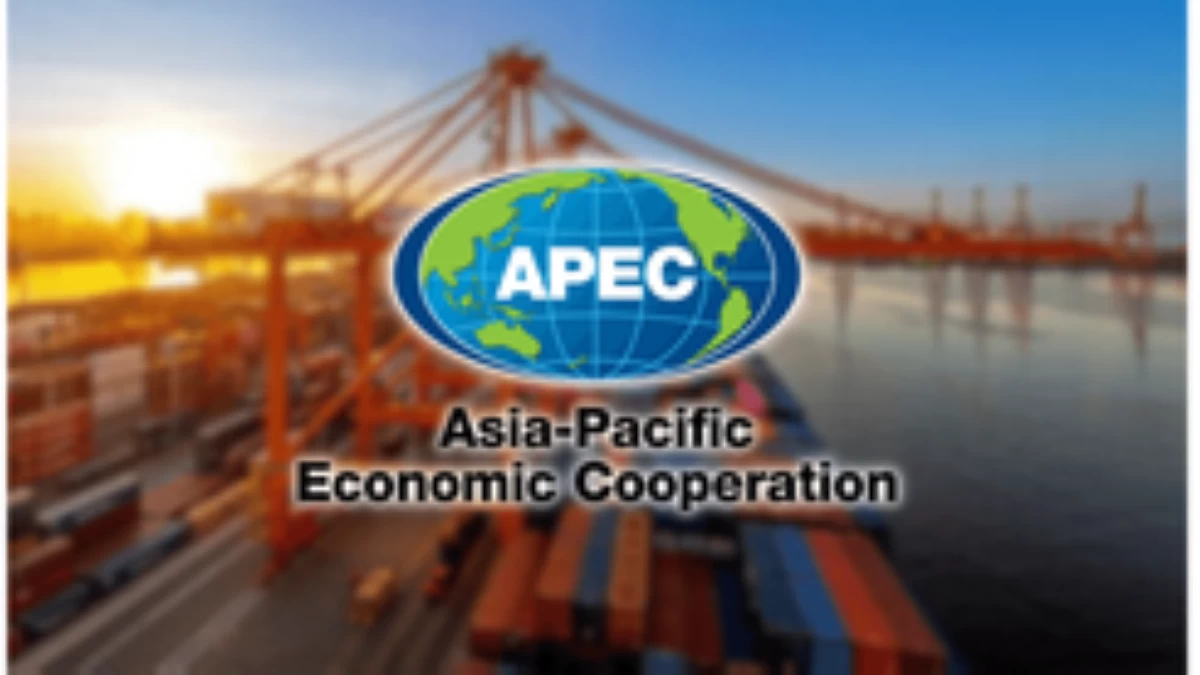APEC Trade chiefs urge sweeping WTO reforms amid US-China tensions
At A Glance
- Trade ministers of the 21-member Asia Pacific Economic Cooperation (WTO) noted that the Geneva-based World Trade Organization (WTO) is facing challenges that require "meaningful, necessary, and comprehensive reform" to make it more relevant and responsive in light of recent developments.

Trade chiefs of the 21 member economies of the Asia-Pacific Economic Cooperation (APEC) issued a joint statement calling for strategic reforms in international trade as the region grapples with uncertainties driven by two of its members: China and the United States (US).
In a statement issued after the two-day APEC Ministers Responsible for Trade (MRT) meeting in Jeju, South Korea, the regional bloc recognized the importance of the Geneva-based World Trade Organization (WTO) in advancing trade issues as an integral part of the global trading system.
APEC noted that the WTO is facing challenges that require “meaningful, necessary, and comprehensive reform” to make it more relevant and responsive in light of recent developments.
Without directly stating tariffs and other trade upheavals, the group said its members are “concerned with the fundamental challenges faced by the global trading system.
”China and the US are currently engaged in a tit-for-tat trade war that threatens to upend global trade and critical supply chains.
Further, when US President Donald Trump announced last month his new tariff policy, which includes higher reciprocal tariffs on countries with which America has a trade deficit, more than half of APEC’s 21 member economies were slapped with a higher tax on goods.
The Philippines, a founding member of APEC, was among those hit with reciprocal tariffs, facing 17 percent.
APEC’s joint statement offered no solution to these concerns, as it primarily focused on global supply chains that are facing “cross-sectoral challenges.”
“We support efforts to ensure that supply chain issues continue to be discussed within APEC to enhance the resilience of supply chains for sustainable economic growth across the APEC region,” the statement read.
“We recognize the critical role that trade can play in achieving food security, minimizing food supply chain disruptions, and promoting open, fair, transparent, productive, sustainable, resilient, and innovative agri-food systems that benefit all,” it also read.
APEC appeared to have largely sidetracked the issue of tariffs as its members expressed “extreme differences” in viewpoints, according to a Bloomberg report.
Nonetheless, the bloc expressed interest in deeper economic integration, including through the proposed Free Trade Area of the Asia-Pacific (FTAAP).
Efforts to enhance experience sharing, capacity building, and technical cooperation were cited as key drivers for this agenda.
The Trade chiefs also discussed the significance of adopting artificial intelligence (AI) in trade facilitation, the benefits of digital transformation, empowering micro, small and medium enterprises (MSMEs), and a commitment to promoting the cross-border recognition of electronic trade-related documents.